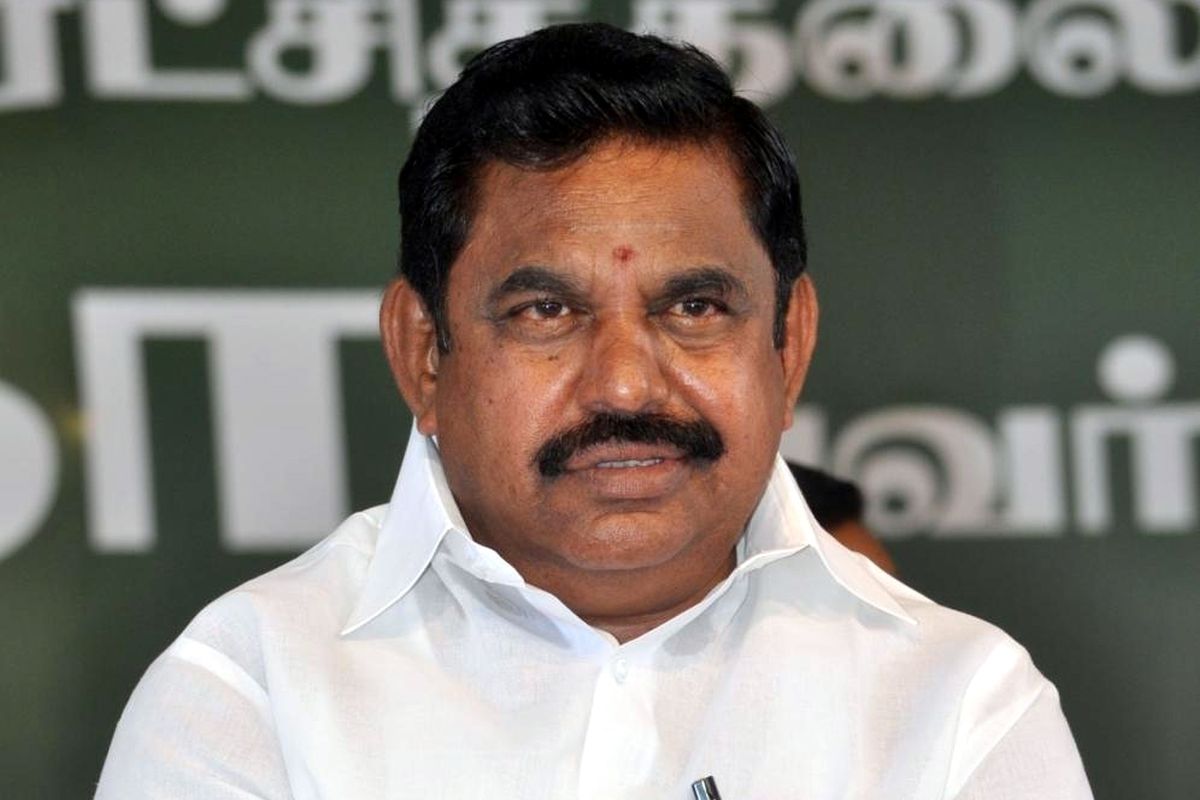In a rather unusual outburst against the Centre, Tamil Nadu Chief Minister Edappadi K. Palaniswami on Monday said the conditions put forth by the Union government for additional borrowing were onerous, unreasonable, lacked consensus and above all not in keeping with the spirit of co-operative federalism.
Flagging electricity distribution reform as ”politically sensitive,” the Chief Minister strongly opposed snapping free power supply to farmers and made it categorical that the mode of disbursement of subsidy should be left to the State governments and batted for “greater latitude” to states to implement reforms.
Advertisement
One of the conditions of the Centre to states to increase their borrowing limit was the discontinuation of free electricity to farmers.
The Centre, as part of the conditions, has asked states to switch to Direct Benefit Transfer instead. Free power distribution to farmers is among the initiatives over which both the Dravidian majors -AIADMK and DMK- have vied with each other to take credit for helping the peasants.
Drawing Prime Minister Narendra Modi’s attention to the “onerous conditions attached to the additional borrowing limits,” approved for States by the Finance Ministry, he said in a letter that States sought the additional borrowing limit, beyond 3 per cent of GSDP mainly because of the significant shortfall in revenues due to the lockdown.
“There are also large additional expenditure commitments. These are borrowings by the state government, which have to be repaid from future tax revenues of the states. They are not grants from the Centre. To attach needlessly demanding conditionalities to the additional borrowing requirements appear to be unreasonable,” Mr Palaniswami said.
Aggressively pushing a reform agenda on which “a consensus is yet to be developed, at a time when states have approached the Centre for additional borrowing out of sheer desperation is not in keeping with the spirit of co-operative federalism,” he said taking a firm position.
Ideally, a consensus should have been evolved by the Centre following detailed deliberations with the States on proposed reforms, the Chief Minister said adding reforms may have been linked to special Central COVID-1 grants, and not to additional borrowing by the State.
“Linking the Central government’s power under Article 293 (3) of the Constitution to permit additional borrowing by the States to conditionalities is unprecedented,” he said.
As per the Constitutional provision, “a State may not without the consent of the Government of India raise any loan…”
In some of the four major areas of reform required by the Centre to avail additional borrowing, the state government has already undertaken reforms without expecting any financial assistance.
There are, however, some areas, like “power distribution reforms, which are politically sensitive. These issues have been repeatedly raised by me in communications to the Prime Minister as well. I have raised the issue in the context of the proposed changes in the Electricity Act. Our government is strongly opposed to the idea of removing the free power supply to farmers. It has been our stand that the mode of disbursement of subsidy should be left to the State governments themselves,” he said.
Since a consensus was yet to emerge on these issues, the Chief Minister requested the Prime Minister to instruct the Finance Ministry to remove the requirements to reform the power sector from the proposed conditionalities and also to “allow greater latitude to states in implementing a reform agenda.”
Also, Mr Palaniswami said, “imposing needlessly onerous conditions on borrowings will constrain the state governments in finding funds to meet essential expenditure in the wake of a serious financial situation. I am confident you will appreciate and understand the difficulties that states face at this time and instruct that the necessary changes be made to the relevant guidelines.”











